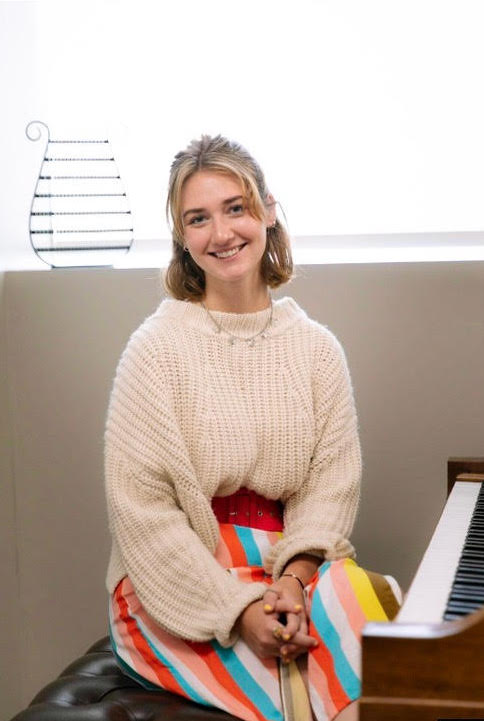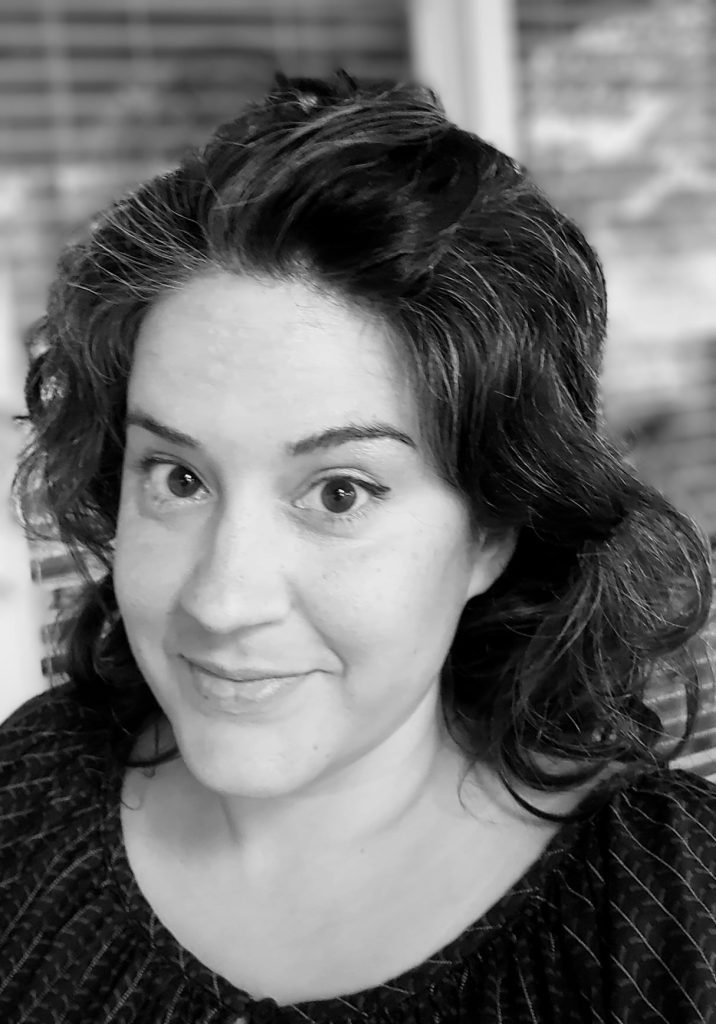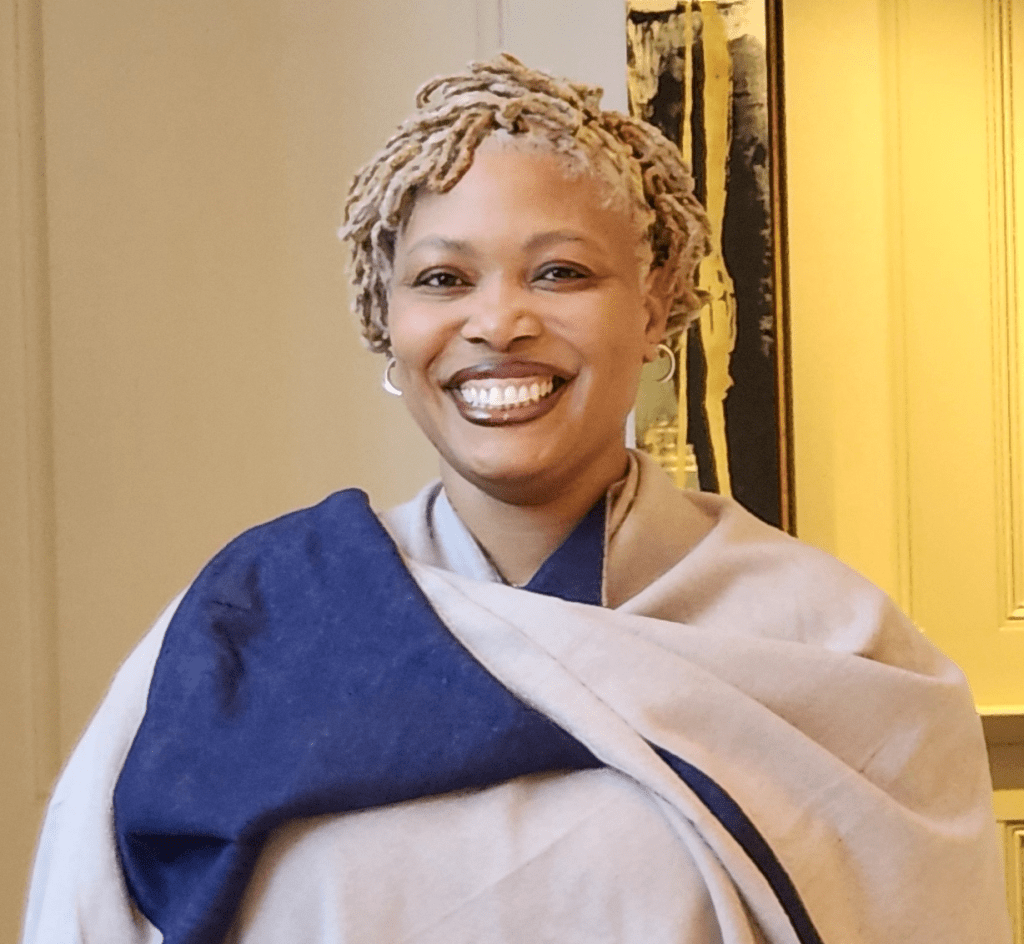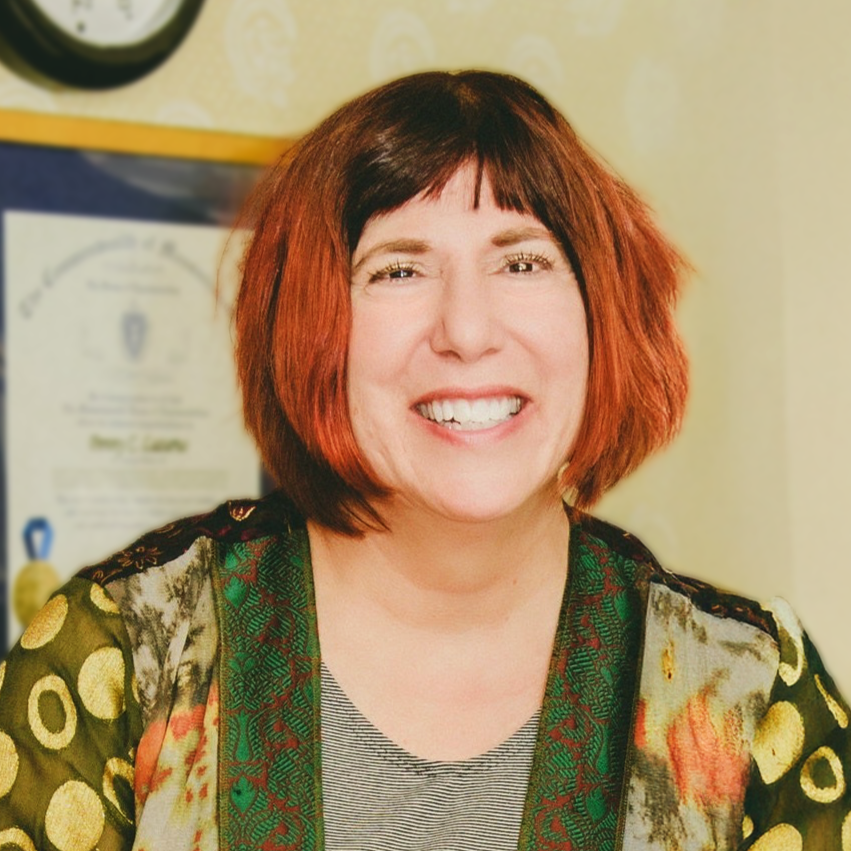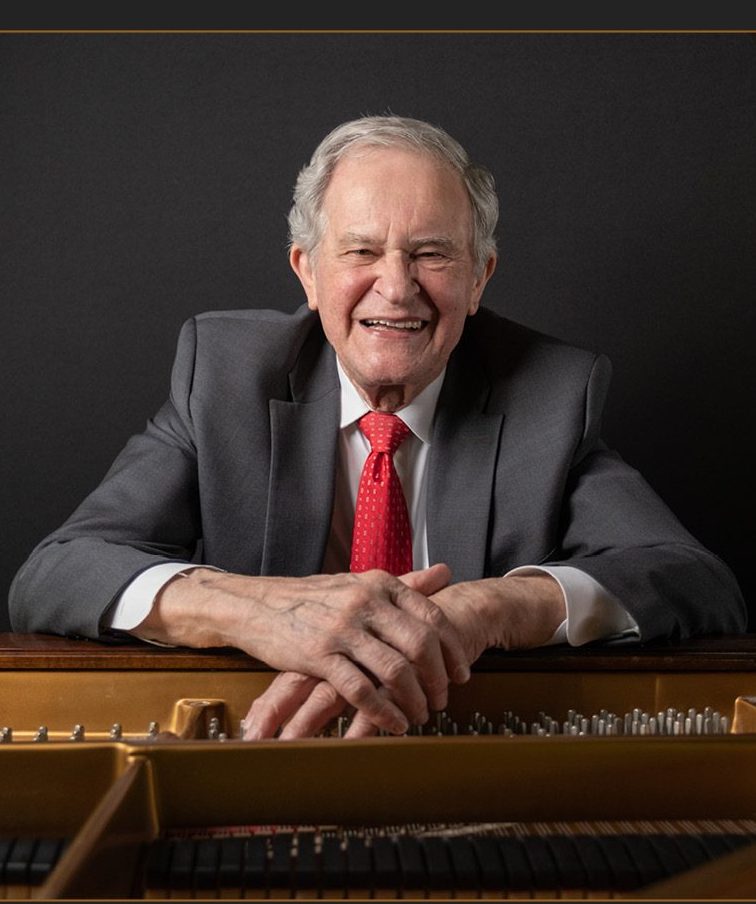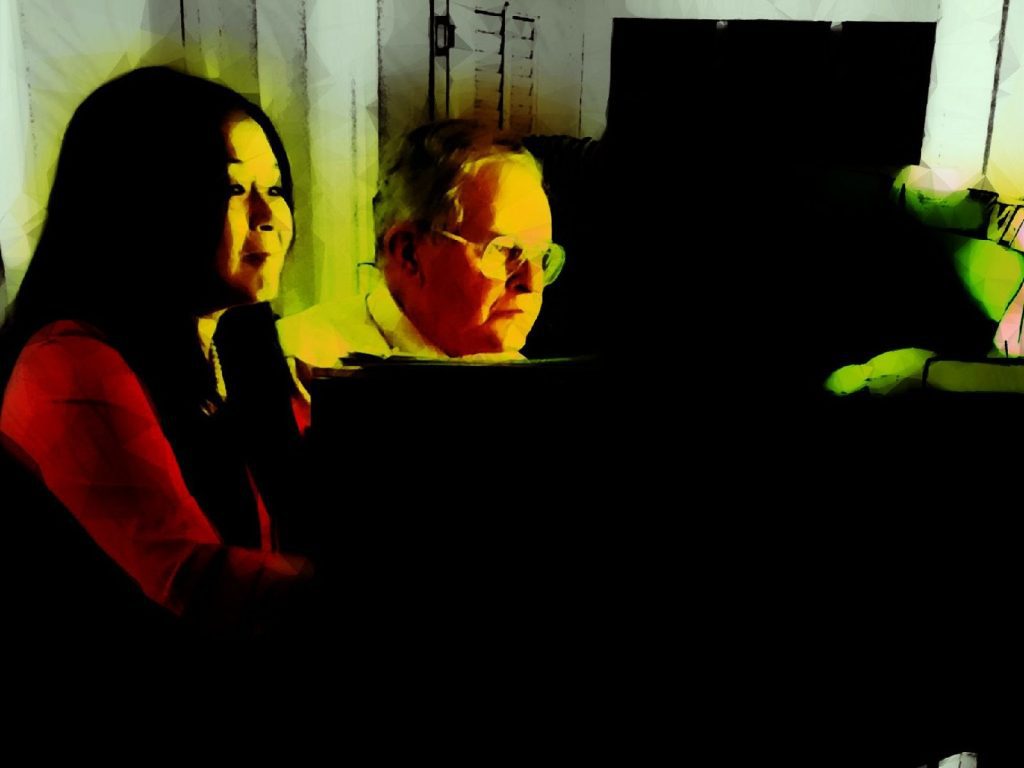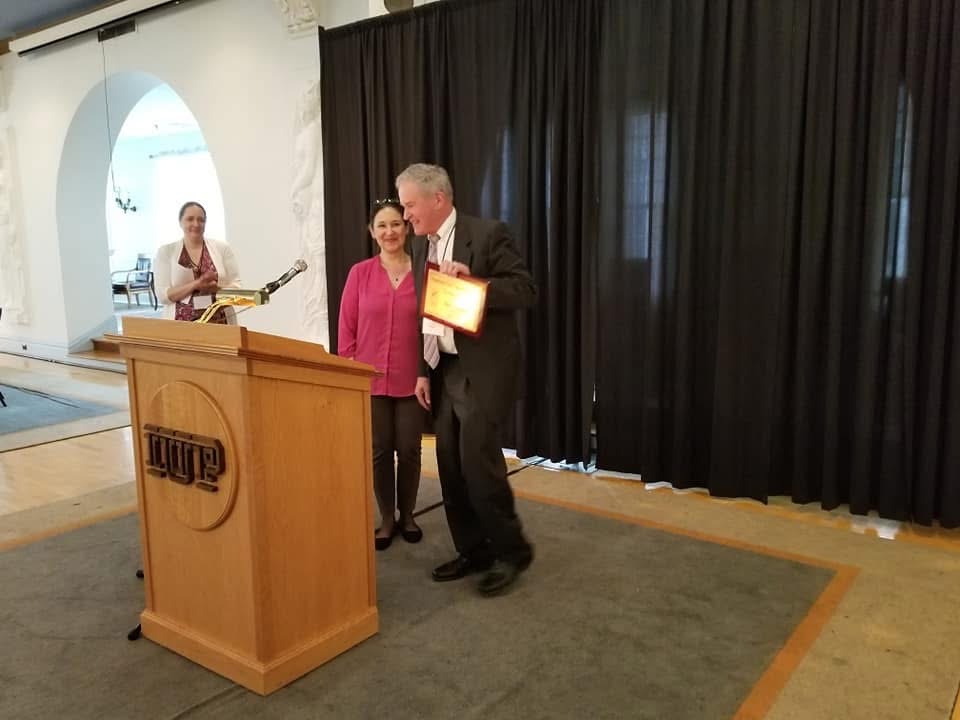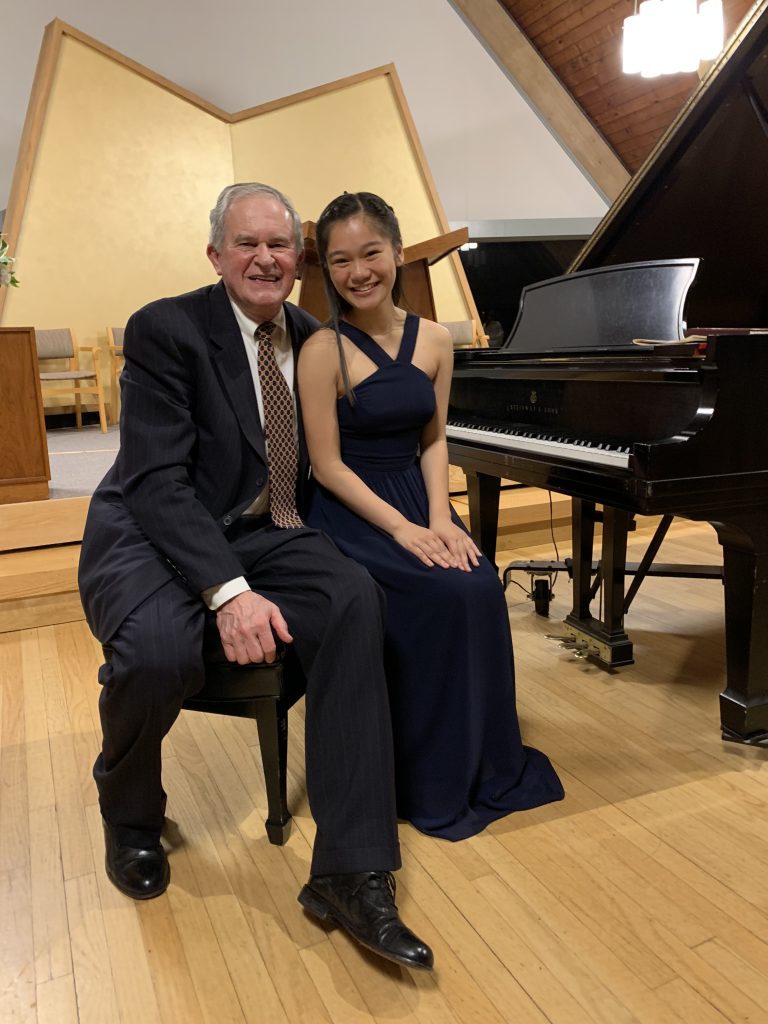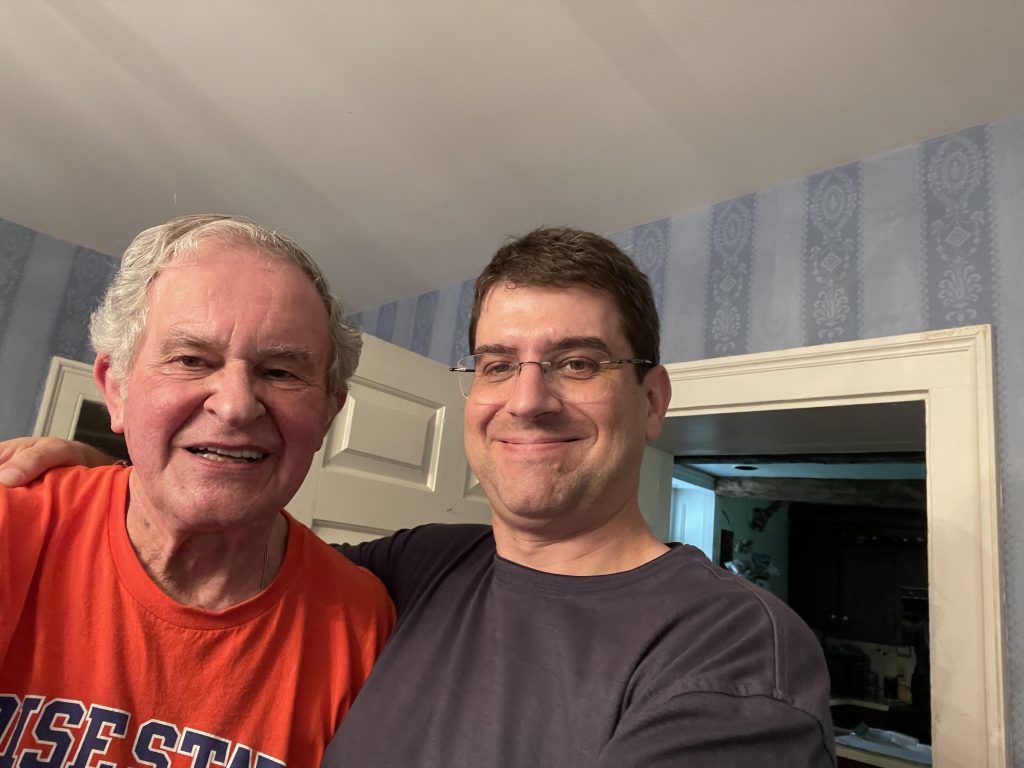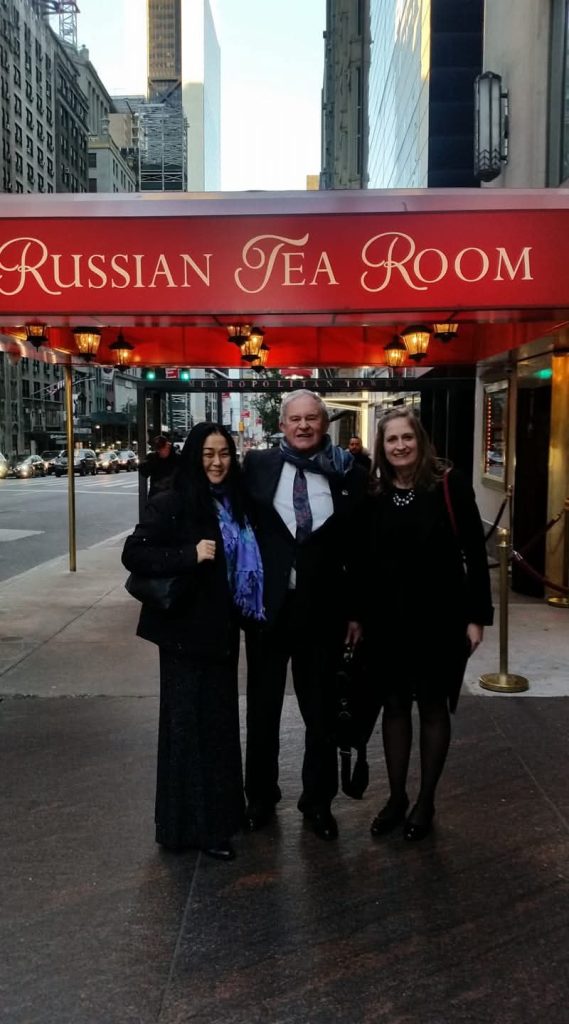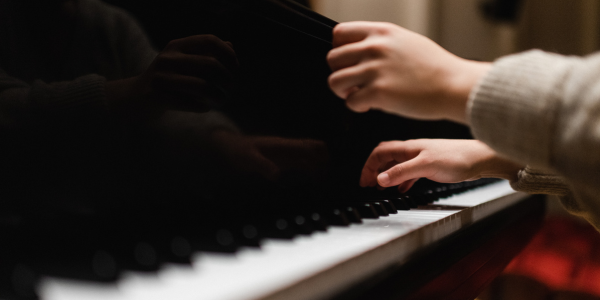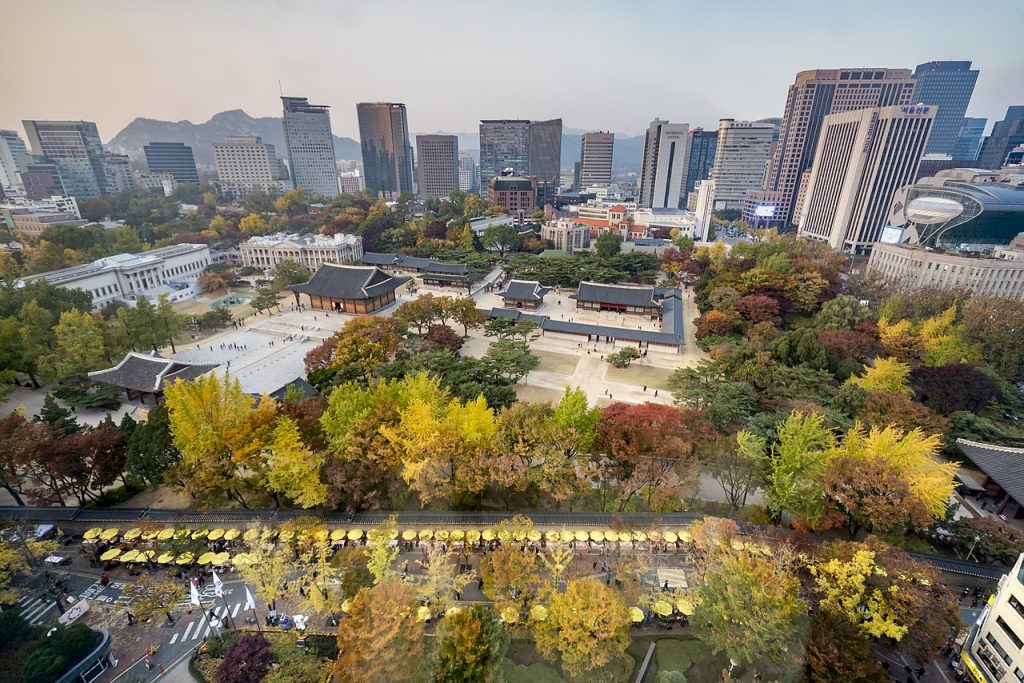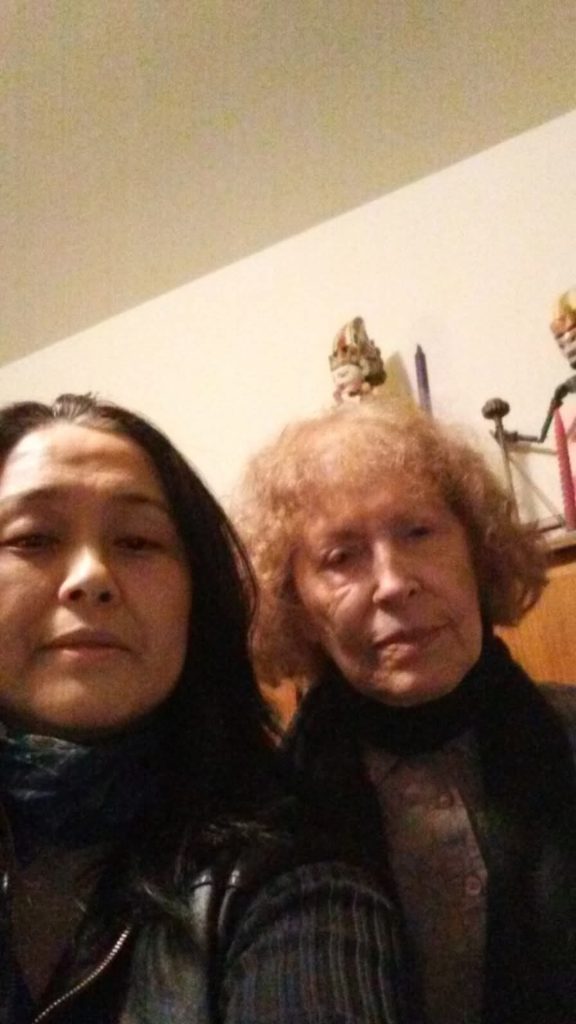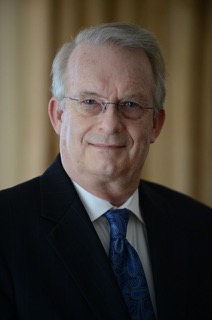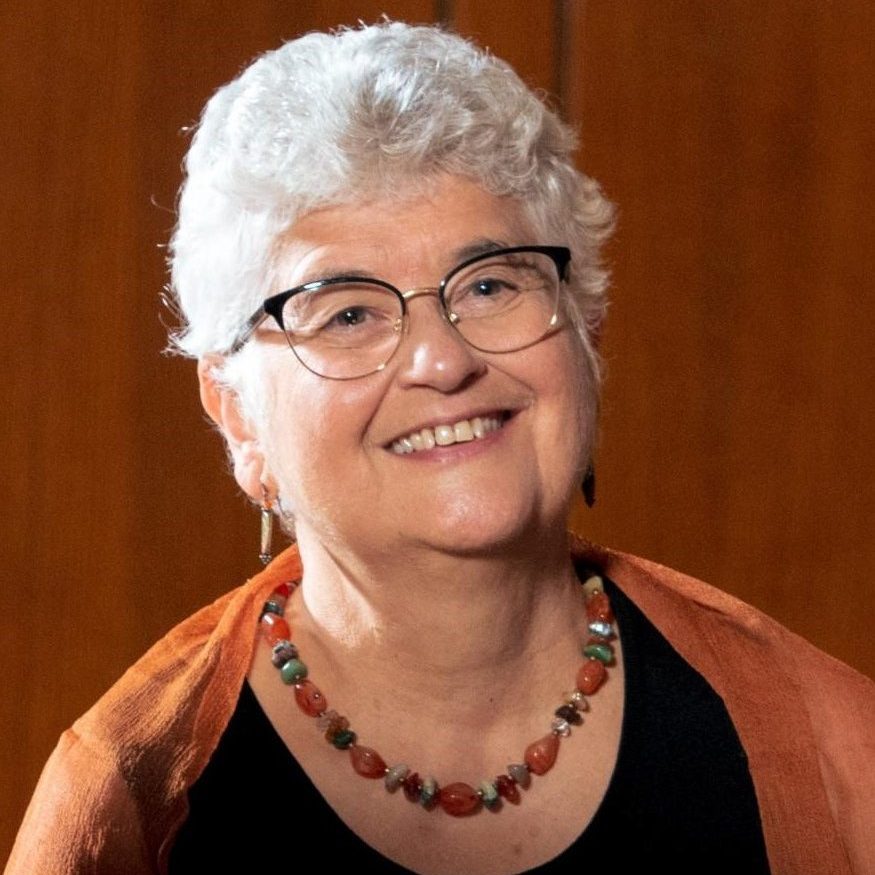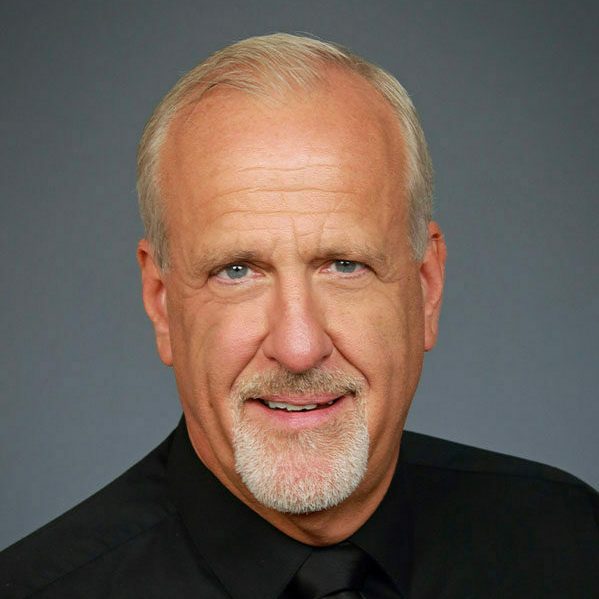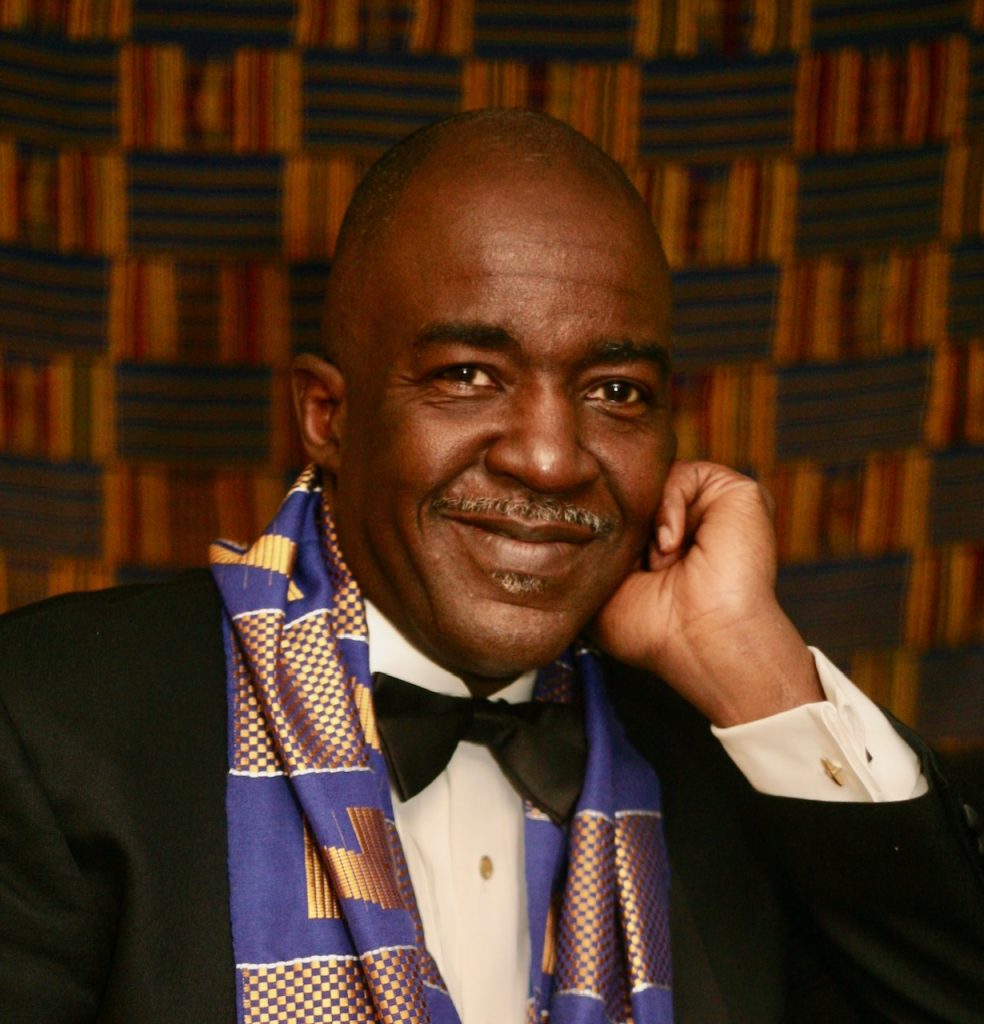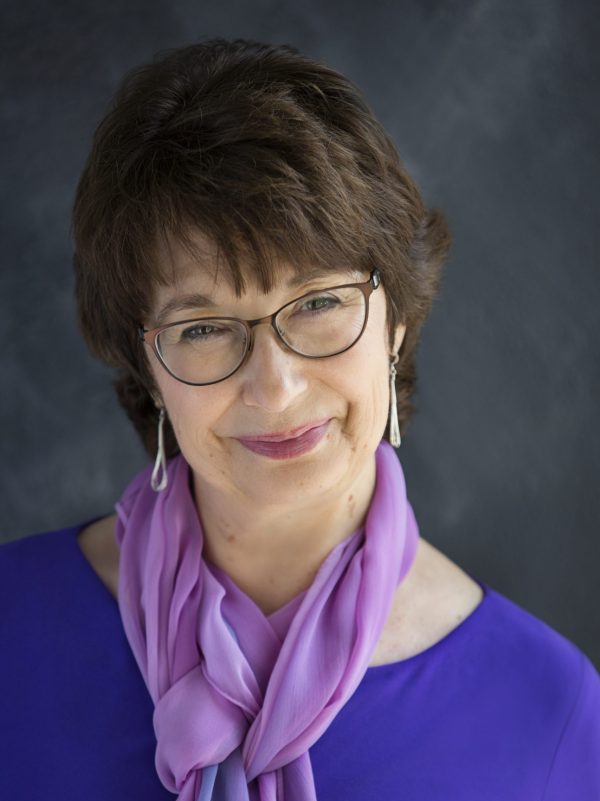The online event of The Piano Conference: NCKP 2025 is just around the corner! Events will occur from June 6-8 and will be packed with music, social events, concerts, and more. With the event only a few days away, register now to gain access to this exciting event. Learn more and register by clicking here.
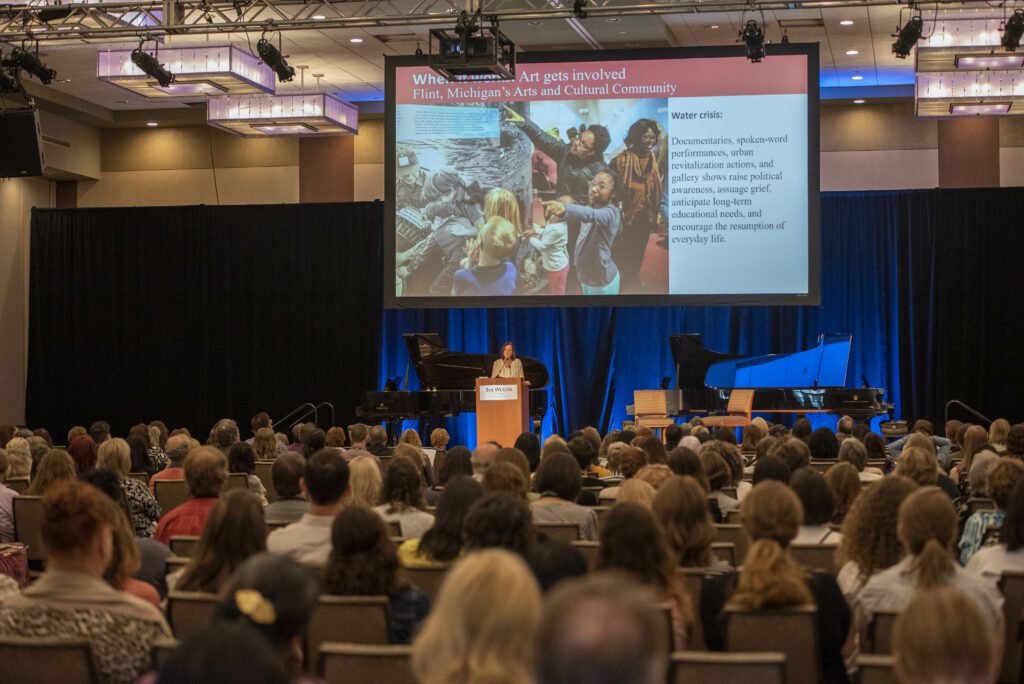
1. Accessibility
The Piano Conference Online Event is accessible internationally, and features live and pre-recorded sessions in 4 languages: English, Spanish, Portuguese, Mandarin, and Korean. To facilitate access, all sessions have English subtitles. This is a rare opportunity to learn from global pedagogues with intercultural perspectives and education.
Want to attend but need financial support? Check out these resources.
- Student Scholarships
- Colleague Grants
- Registration for inhabitants of countries with currency inequities
Plus, your online event registration can be used towards your registration at the In-Person Conference in Lombard, Illinois. Email conference@francesclarkcenter.org for assistance.
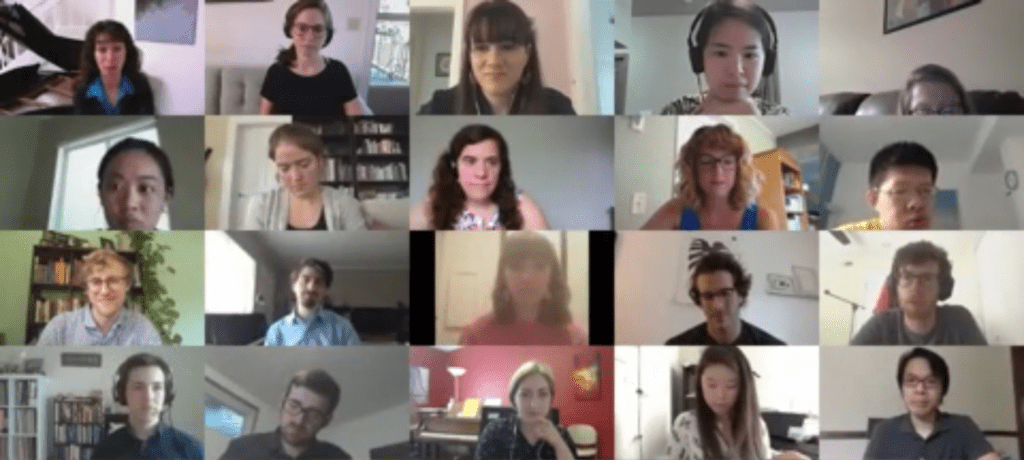
2. Inspiring keynote speaker Gilles Comeau
Gilles Comeau is a Fellow of the Royal Society of Canada, a senior scientist at the Institute of Mental Health Research at The Royal, the founding director of the University of Ottawa Music and Health Research Institute, the director and principal researcher of the Piano Pedagogy Research Laboratory, and a professor at the School of Music at the University of Ottawa. He conducts multidisciplinary research on music and health, including the study of music and wellbeing for people with dementia, the impact of music on individuals experiencing mental illness, and the investigation of various interventions for musicians’ mental health.
His session will discuss the intersection of scientific research and music pedagogy, and will answer meaningful questions such as:
- What can research do to contribute to better knowledge about music teaching and learning?
- What has research to say about motivation or music reading?
- What has research to say about pain and injuries or performance anxiety?
Join us on Saturday, June 7, 2025, 1:00PM EDT to learn more!
3. Opening concert
The opening concert features 9 international performers from our community, featuring a variety of repertoire across genres, including jazz, contemporary repertoire, and works for two pianos. Keep scrolling to view the program!
The Piano Conference: Opening Concert Program
June 6, 2025, 7:00PM EDT
Dongwon Shin and HaEun Yang
Song Suite for Two Pianos | George Gershwin (1898–1937), arr. Logan Skelton
The Man I Love (1924)
Fascinating Rhythm (1924)
HaEun Kim
Clouds | Florence Price (1887–1953)
Xiao Liang
Numa Ame | Zhang Zhao (b. 1964)
Natalie Landowski
Concert Krakowiak | Grażyna Bacewicz (1909–1969)
Daniel Baer
Dance of Avoidance | Robert Savage (1951–1993), II. Largo
Hyeji Seo
Nocturno Nazqueño | Gabriela Lena Frank (b. 1972)
Molly Sanford
Jupiter’s Moons | Judith Lang Zaimont (b. 1945)
II. Europa
III. Leda
Pei-Chen Chen and Mengjie Xiong
Taiwanese Rhapsody for Two Pianos (1998) | Huang Huang (b. 1958)
4. Session archives
The Piano Conference Online Event archives will be available to registrants for three months after the event, allowing attendees to re-watch recorded sessions at their leisure, or to catch any sessions that they missed during the live event.
5. Curated committee tracks
Our 15 committees have carefully curated new programs for 2025 based on relevant topics in piano education. These selected sessions are integrated directly into the conference schedule. Our committee topics include:
- Young Musicians: Birth to Age 9
- Advocacy and Community Impact
- Business and Entrepreneurship
- Collaborative Performance
- Creative Music Making
- Inclusive Teaching
- Independent Music Teachers
- International
- New Professionals
- Performance Practice
- Research
- Teacher Education in Higher Ed
- Teaching Adults
- Technology
- Wellness
Do you have research you want to share with the piano pedagogy community? Submit a proposal to NCKP by clicking here, or submit a manuscript to the Journal of Piano Research by clicking here.
MORE ON THE PIANO CONFERENCE: NCKP
- WEBINAR: NCKP 2023 Committee Webinar: Facing the Future with Jason Sifford
- THE PIANO CONFERENCE: NCKP 2025
- PIANO MAGAZINE: Some reflections on the 2005 National Conference on Keyboard Pedagogy (NCKP) by Elvina Truman Pearce
- WEBINAR: NCKP 2023 Committee Webinar: How to Practice Jazz and Improvisation with Jeremy Siskind
- WEBINAR: Teaching Demonstration (NCKP Rebroadcast) with Marvin Blickenstaff
- DISCOVERY PAGE: The Benefits of NCKP: The Piano Conference and Why You Should Attend by Marvin Blickenstaff
- DISCOVERY PAGE: What to Expect at The Piano Conference: NCKP 2025: From the Inclusive Teaching Track and Keyboard Lab Presentations by Derek Kealii Polischuk and Sara Ernst
- DISCOVERY PAGE: What to Expect at The Piano Conference: NCKP 2025: From the Technology and New Professionals Tracks by Stella Sick and Allison Shinnick Keep
- DISCOVERY PAGE: What to Expect at The Piano Conference: NCKP 2025: From the International Track by Luis Sanchez
- DISCOVERY PAGE: What to Expect at The Piano Conference: NCKP 2025: From the Collaborative Performance and Research Committee Chairs by Sara Ernst, Alexandra Nguyen, and Alejandro Cremaschi
- DISCOVERY PAGE: What to Expect at The Piano Conference: NCKP 2025: From the Performance Practice, Teaching Adults, and Business & Entrepreneurship Committee Chairs by Sara Ernst, Andrew Cooperstock, Jackie Edwards-Henry, and Andy Villemez
- DISCOVERY PAGE: What to Expect at The Piano Conference: NCKP 2025: From the Creative Music Making, Independent Studio Teachers, and Young Musicians Committee Chairs by Sara Ernst, Jason Sifford, Janet Tschida, and Jeremy Siskind
- DISCOVERY PAGE: What’s New at The Piano Conference: NCKP 2025 by Sara Ernst, Michaela Boros, and Megan Hall
